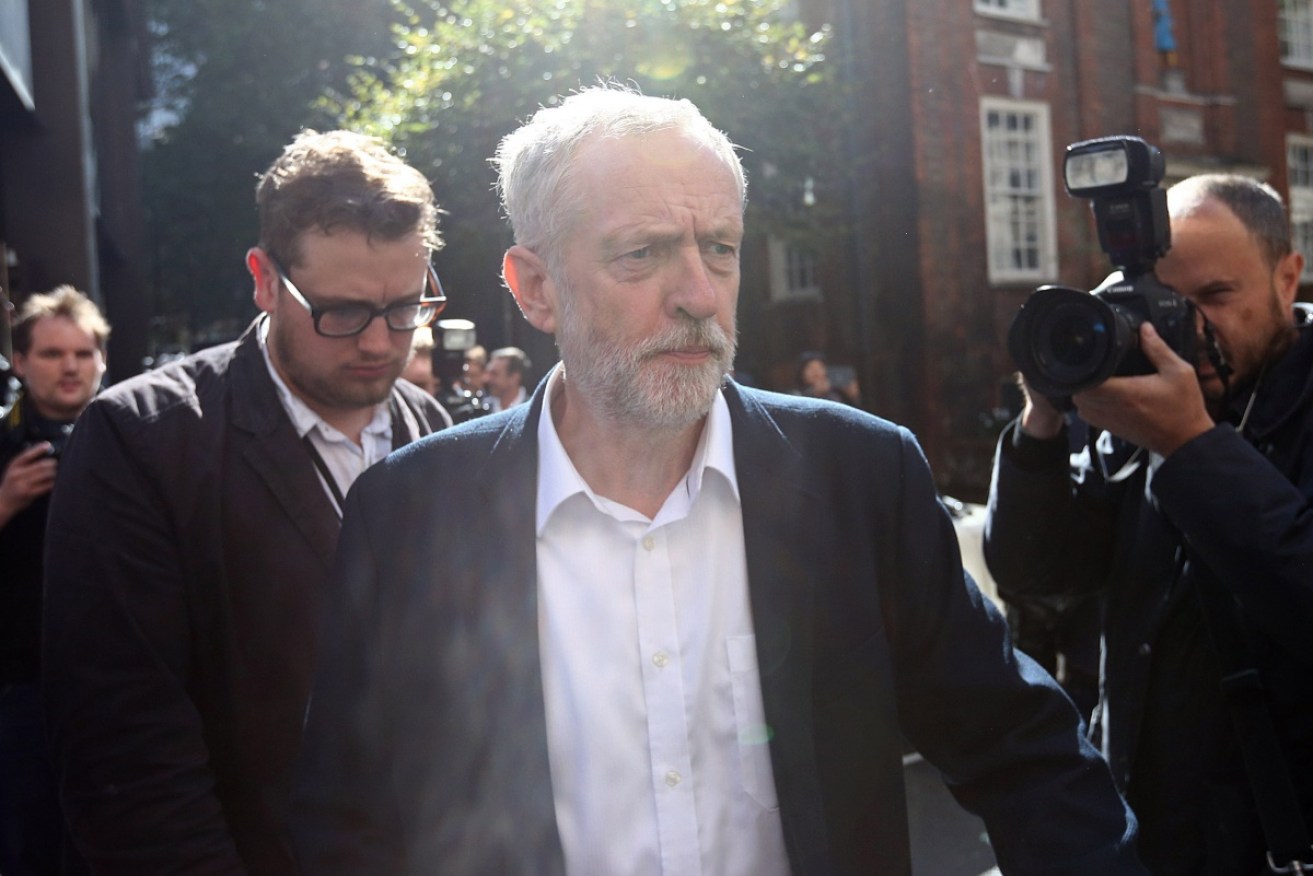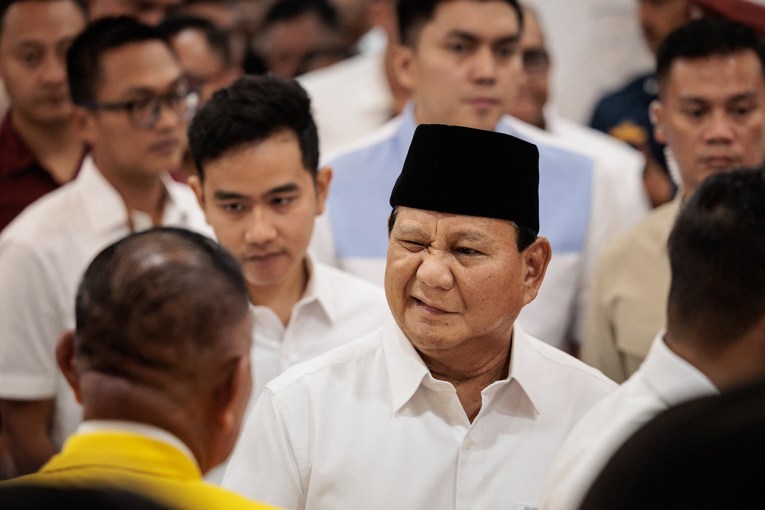Jeremy Corbyn struggles over anti-semitism charge

Jeremy Corbyn is struggling to contain the fallout from a charge of anti-semitism in the party. Photo: Getty
Labour Party leader Jeremy Corbyn has struggled to defuse harsh criticism about anti-semitism levelled at both himself and the party by Britain’s chief rabbi.
In what was arguably his most difficult day in the general election campaign so far, Mr Corbyn on Tuesday faced a multitude of questions over Chief Rabbi Ephraim Mirvis’ damaging remarks in The Times newspaper.
The influential rabbi implied that Mr Corbyn was unfit for high office and that Labour’s efforts to tackle anti-semitism were a “mendacious fiction”.
The “overwhelming majority” of Britain’s Jews, Rabbi Mrivis added, were “gripped by anxiety” about Mr Corbyn’s possible election.
“A new poison, sanctioned from the top, has taken root in the Labour Party,” he said.
While voicing his disapproval of all forms of racism, including anti-semitism, Mr Corbyn declined repeatedly to apologise during a prime-time BBC interview for any anti-semitism that has occurred in the Labour Party over the past few years.
“We will not allow anti-semitism in any form in our society because it is poisonous and divisive, just as much as Islamophobia or far-right racism is,” Mr Corbyn said in the interview with the veteran BBC broadcaster Andrew Neil.
“The whole message has to be, we need more equality, we need more opportunity in our society”
Labour leader Jeremy Corbyn defends plans for public spending laid out in the party’s manifesto#BBCElection https://t.co/6OYlLQaFZW pic.twitter.com/ITJSDv6ZWo
— BBC Politics (@BBCPolitics) November 26, 2019
Mr Corbyn insisted he had “strengthened” Labour’s processes on how to deal with anti-semitism in the party since a written warning was given to a member who questioned the number of people who died in the Holocaust.
“There are a very, very small number of people in the Labour Party that have been sanctioned as a result of complaints about their anti-semitic behaviour,” Mr Corbyn said.
“As far as I’m concerned one is one too many and I’ve ensured action (has been) taken on that.”
The ongoing questions about anti-semitism have damaged traditionally strong ties between Britain’s Jews and the Labour Party, prompting many members to quit the party in disgust.
Anti-semitism is cited as one of the main reasons by many people as to why they won’t vote for Labour in the December 12 general election.
The rabbi’s broadside represented a break from his traditional position of not commenting on party politics.
Though Mr Corbyn, 70, has been repeatedly criticised for tolerating anti-Jewish comments from party members, he’s not faced anything quite so acute from someone in the Jewish community’s hierarchy.
At a campaign event earlier, Mr Corbyn sought to allay concerns by insisting that if he becomes prime minister, he wants to lead a government that has an “open door” to all faith leaders.
He said he would invite Rabbi Mirvis and other religious leaders “to come talk to us about what their concerns are” and said no community would feel at risk because of their faith.
Mr Corbyn has long been a champion of Palestinian rights and critical of the Israeli government. He has at times appeared to be sympathetic to the grievances of groups such as Hamas and Hezbollah.
The rabbi’s damaging column was published on the day Labour was launching its “race and faith” platform as part of its campaign to win voters with its views on tolerance and equality.
-AAP








